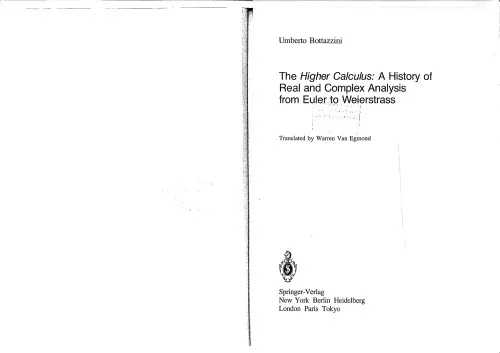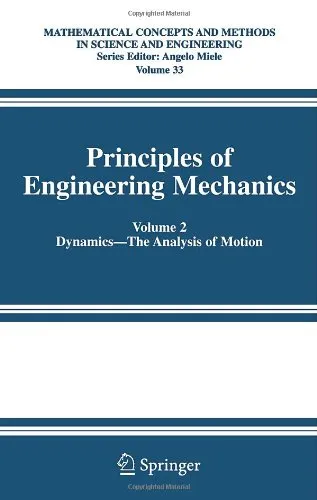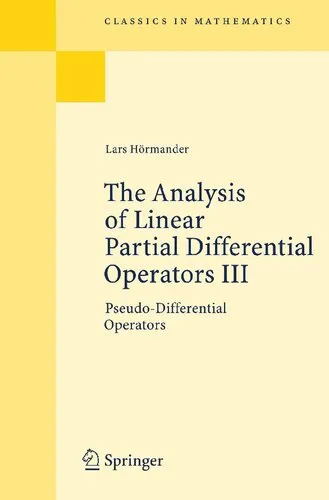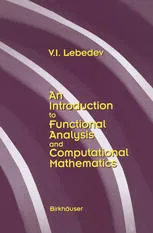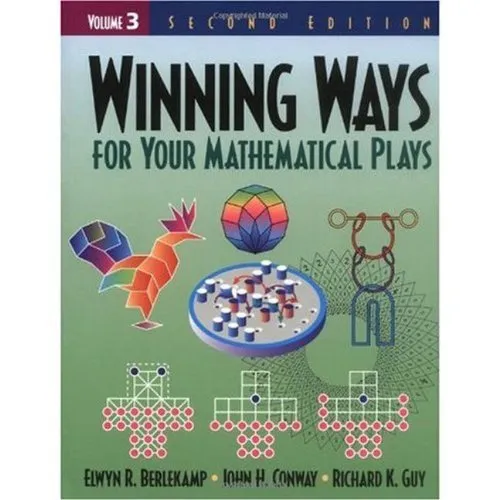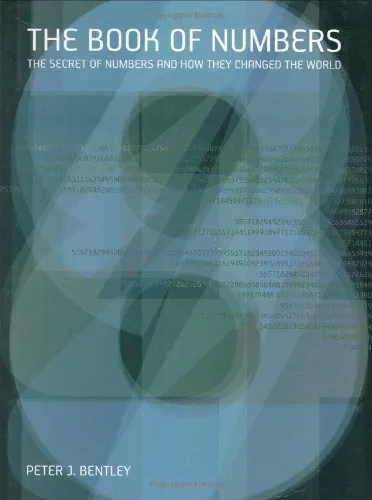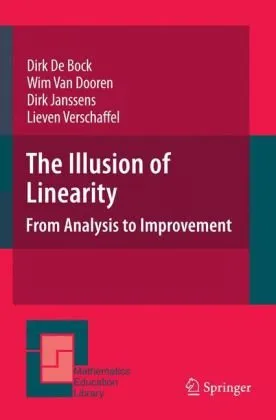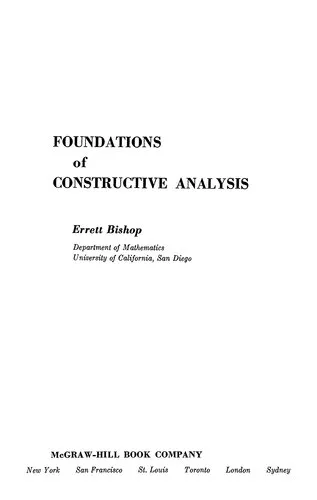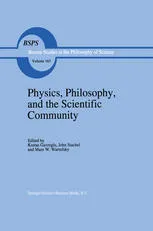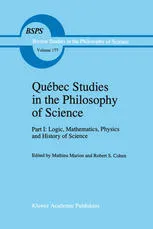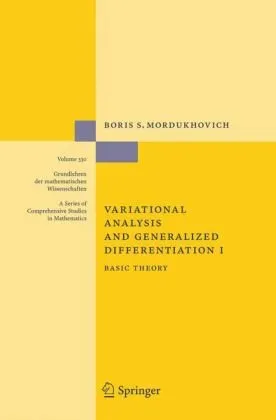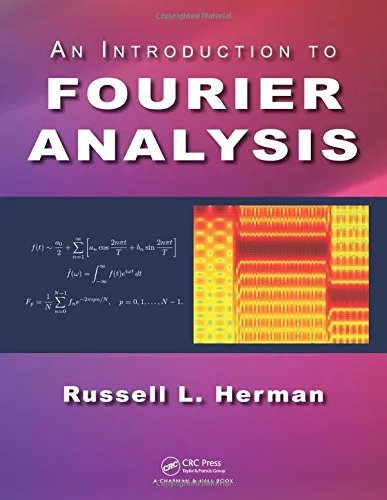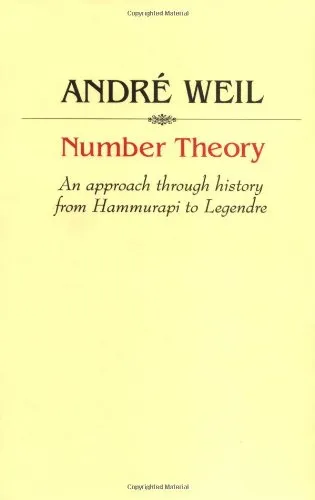The Higher Calculus: a History of Real and Complex Analysis from Euler to Weierstrass
4.0
Reviews from our users

You Can Ask your questions from this book's AI after Login
Each download or ask from book AI costs 2 points. To earn more free points, please visit the Points Guide Page and complete some valuable actions.Related Refrences:
Book Introduction
Welcome to a deep dive into the intricate world of analysis, spanning from the era of Euler to the transformative contributions of Weierstrass. "The Higher Calculus: a History of Real and Complex Analysis from Euler to Weierstrass" intricately weaves together the historical, mathematical, and philosophical threads of real and complex analysis, offering readers a comprehensive view of how these fields evolved over time. This book serves as an essential resource for both mathematicians and history enthusiasts alike, keen on exploring the intellectual journey of calculus.
Detailed Summary
The book begins with Leonhard Euler, whose profound insights laid the foundation for modern analysis. Euler’s work on infinite series, functions, and mathematical rigor set the stage for what was to come. The narrative progresses through the 18th century, as mathematical giants like Joseph-Louis Lagrange built upon Euler’s work, endeavoring to formalize calculus.
As we move into the 19th century, the book chronicles how figures such as Augustin-Louis Cauchy revolutionized analysis, establishing a more rigorous footing for calculus with his concept of limits and continuity. Through detailed explorations of each mathematician's contribution, the text foregrounds the gradual shift from a computational calculus to an analytical one.
Finally, the book culminates in the work of Karl Weierstrass, whose rigorous approach to the foundations of analysis brought about new levels of precision and abstract thinking, paving the way for modern mathematical analysis.
Key Takeaways
- The pivotal role of Euler in shaping the early landscape of analysis.
- Cauchy's introduction of the limit concept, essential for modern calculus.
- Weierstrass’s influence in formalizing the concepts of continuity, differentiability, and convergence.
- The historical context in which these mathematical developments occurred.
- How the evolution of calculus from Euler to Weierstrass influenced modern mathematical approaches.
Famous Quotes from the Book
"In the age of Euler, mathematics began to find its footing in the realms of abstraction, a journey that would see its most exacting shift in the rigor of Weierstrass."
"The transition from intuitive calculus to a framework built on absolute precision discloses not just a mathematical evolution, but a philosophical one."
Why This Book Matters
Analysis is one of the central pillars of mathematics, and understanding its history provides profound insights into its development and current form. This book not only traces the evolution of ideas but also contextualizes them within their broader historical and intellectual milieu. By examining the contributions from Euler to Weierstrass, readers gain not just an understanding of analytical techniques, but also an appreciation for the rigorous standards that have defined modern mathematics.
This exploration is critical for mathematicians, historians of mathematics, and anyone interested in the nature of scientific revolutions. "The Higher Calculus" presents both a chronological and thematic approach, offering a narrative that is as rich and complex as the discipline itself. By delving into this book, readers will gain a deeper appreciation for the individuals who revolutionized analysis and how their legacy continues to shape the mathematical sciences today.
Free Direct Download
You Can Download this book after Login
Accessing books through legal platforms and public libraries not only supports the rights of authors and publishers but also contributes to the sustainability of reading culture. Before downloading, please take a moment to consider these options.
Find this book on other platforms:
WorldCat helps you find books in libraries worldwide.
See ratings, reviews, and discussions on Goodreads.
Find and buy rare or used books on AbeBooks.
1163
بازدید4.0
امتیاز0
نظر98%
رضایتReviews:
4.0
Based on 0 users review
Questions & Answers
Ask questions about this book or help others by answering
No questions yet. Be the first to ask!
